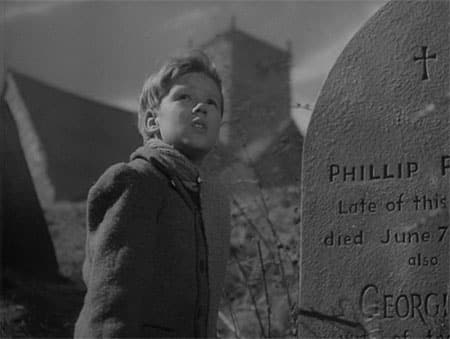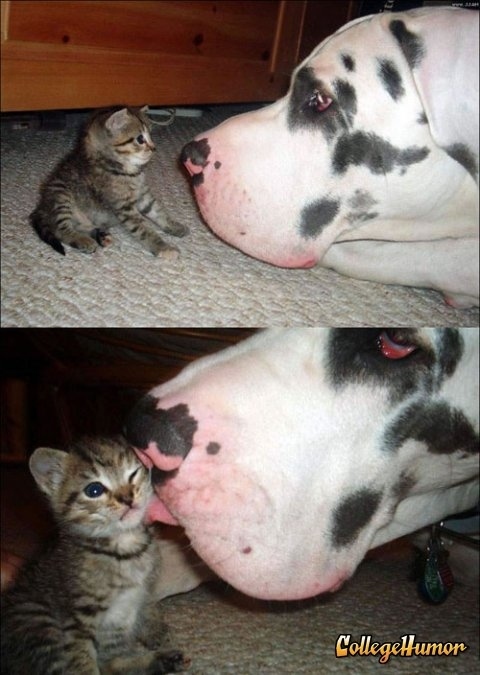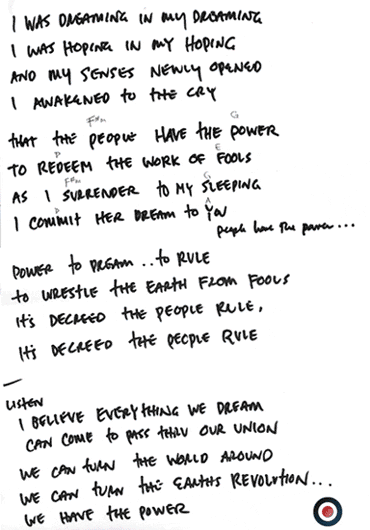Genre: a category or class of artistic endeavor having a particular form, technique, or content.
Gothic Tale: a style in literature characterized by gloomy settings, violent or grotesque action, and a mood of decay, degeneration, and decadence.
Hyperbole: an exaggerated statement often used as a figure of speech or to prove a point.
Example Credit goes to
Hayden. EX:"OMG THERE IS LIKE A BAZILLION LIT TERM TO DEFINE!"
Imagery: figures of speech or vivid description, conveying images through any of the senses.
Implication: a meaning or understanding that is to be arrive at by the reader but that is not fully and explicitly stated by the author.
EX: When a poor person says all rich people are greedy, he is implying that poor people aren't greedy.
Incongruity: the deliberate joining of opposites or of elements that are not appropriate to each other.
Inference: a judgement or conclusion based on evidence presented; the forming of an opinion which possesses some degree of probability according to facts already available.
We infer that she is sick.
Irony: a contrast or incongruity between what is said and what is meant, or what is expected to happen and what actually happens, or what is thought to be happening and what is actually happening.
Interior Monologue: a form of writing which represents the inner thoughts of a character; the recording of the internal, emotional experience(s) of an individual; generally the reader is given the impression of overhearing the interior monologue.
Inversion: words out of order for emphasis.
Juxtaposition: the intentional placement of a word, phrase, sentences of paragraph to contrast with another nearby.
Lyric: a poem having musical form and quality; a short outburst of the author’s innermost thoughts and feelings.
Magic(al) Realism: a genre developed in Latin America which juxtaposes the everyday with the marvelous or magical.
Metaphor(extended, controlling, and mixed): an analogy that compare two different
things imaginatively.
Extended: a metaphor that is extended or developed as far as the writer
wants to take it.
Controlling: a metaphor that runs throughout the piece of work.
Mixed: a metaphor that ineffectively blends two or more analogies.
Metonymy: literally “name changing” a device of figurative language in which the name of an attribute or associated thing is substituted for the usual name of a thing.
The "pen" stands in for "the written word"
The "sword" stands in for "military aggression and force"
Mode of Discourse: argument (persuasion), narration, description, and exposition.
Modernism: literary movement characterized by stylistic experimentation, rejection of tradition, interest in symbolism and psychology
Monologue: an extended speech by a character in a play, short story, novel, or narrative poem.
EX: "To be or not to be..."
Mood: the predominating atmosphere evoked by a literary piece.
Motif: a recurring feature (name, image, or phrase) in a piece of literature.
EX: Water in The Fault in our Stars.
Myth: a story, often about immortals, and sometimes connected with religious rituals, that attempts to give meaning to the mysteries of the world.
Narrative: a story or description of events.
EX: Great Expections
Narrator: one who narrates, or tells, a story.
EX: Pip
Naturalism: extreme form of realism.
Novelette/Novella: short story; short prose narrative, often satirical.




.jpg/200px-CatsCradle(1963).jpg)















.png)


